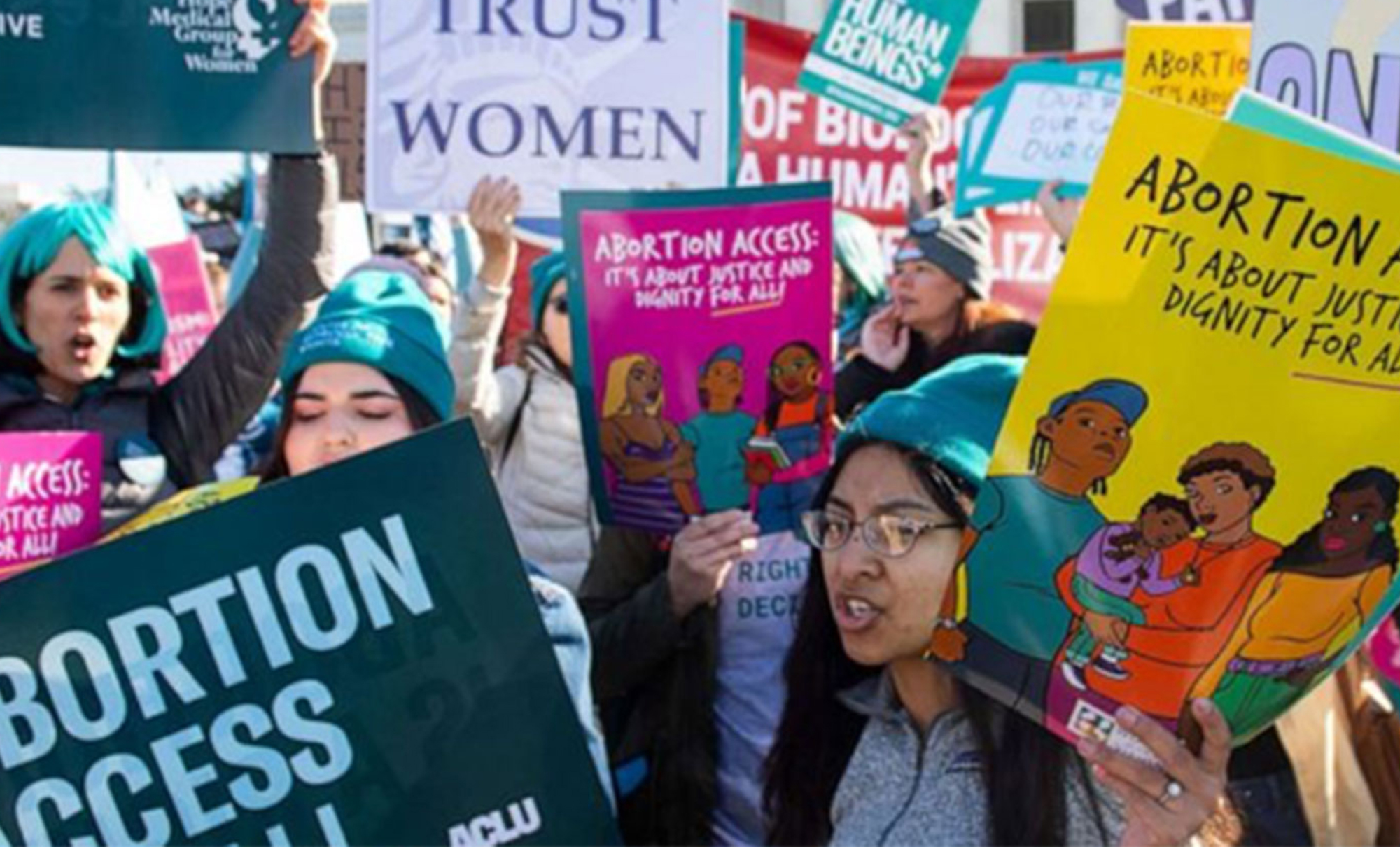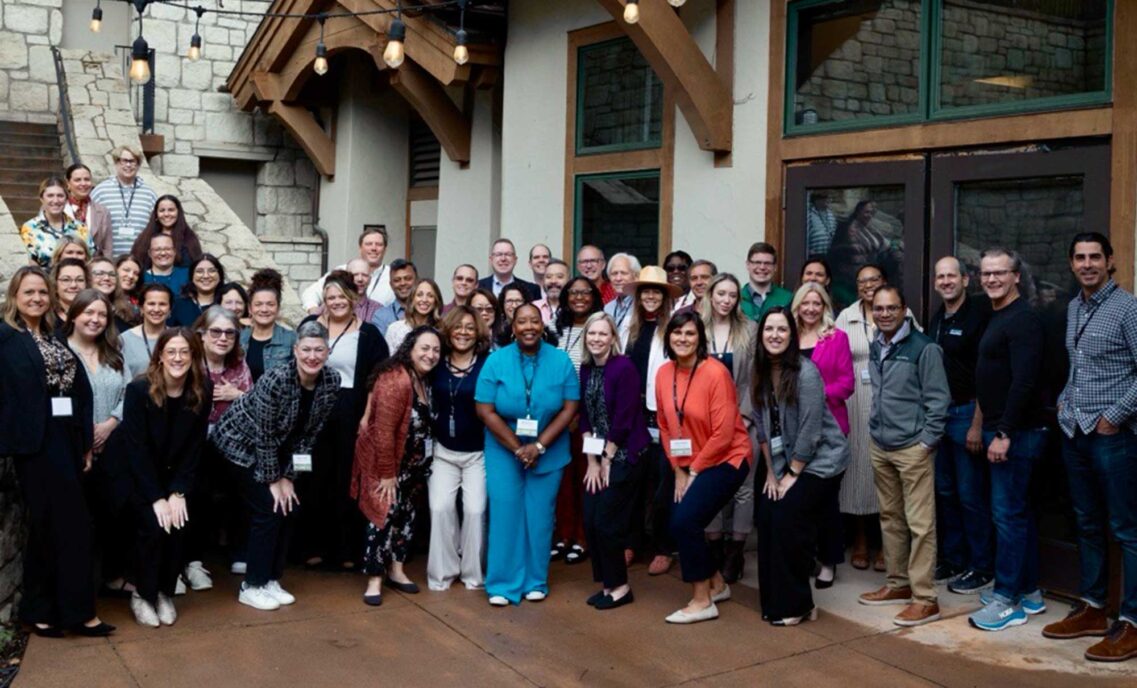For more than 70 years, the Levi Strauss Foundation (LSF) has embraced the energy and events of our time by supporting community partners who embody Levi Strauss & Co.’s values — originality, empathy, integrity and courage. Today, LSF outfits the movements and leaders fighting for a more just and abundant world in the areas of democracy, immigrant rights, reproductive justice, and worker rights and well-being.
We wanted to learn more about the foundation’s work on reproductive justice, so we sat down with Hannah Yi, LSF program manager, who shared a bit about the foundation’s outlook on this issue area and some of the grantees they’re working with. Read on to see what she said.
Why is reproductive justice one of LSF’s issue areas, and what has the foundation’s work in this space looked like over the years?
LSF’s entry point into reproductive justice started in 2017 through our Worker Well-being initiative. This included support for reproductive health care for apparel workers in LS&Co.’s supply chain communities through grants to the International Planned Parenthood Federation and MSI Reproductive Choices.
Then, in 2022, the foundation expanded this work to include reproductive justice organizations in the U.S. when the scope of efforts to restrict access to the full range of reproductive care was becoming clear. The purpose of this work is to advance the rights and power of those who face the greatest barriers to reproductive freedom and justice in the U.S. — most notably people of color, LGBTQIA+ and other marginalized women.1
Since 2017, LSF has provided over $5.6 million in grant support to advance reproductive rights and justice around the world.
How is LSF tackling this work?
We’re taking a three-pronged approach with our reproductive justice work. First, we’re working to advance policy and legal change that protects and expands access to reproductive health services, centering the needs of marginalized communities. Second, we’re expanding and amplifying narratives that build a broader public view of reproductive justice. And finally, we’re helping strengthen the capacity and effectiveness of organizations providing financial, logistical and emotional support for individuals seeking care.
Can you share some examples of these organizations you’re partnering with and the work they’re doing?
Two come to mind. The first is Lemonada Media, a women-owned and women-led media company. LSF supported their new podcast, “The Defenders.” It’s a 10-episode series co-hosted by veteran reporter Gloria Riviera and comedian and television host Samantha Bee that examines the choices women, parents, providers, lawyers and public officials are forced to make in the face of ongoing efforts to restrict reproductive freedom. It features the voices of providers and activists who have been fighting for reproductive justice for many years.
The second is Unite for Reproductive & Gender Equity (URGE), a national organization that gives young people the tools and resources they need to advocate for reproductive justice. They work at the state and local levels on reproductive health and gender equity topics. URGE and its network of university campus chapters, leadership development programs, trainings and conferences reach young people in every region of the U.S.
Recently, URGE co-led a coalition that educated and organized thousands of young people, Black women and people of color in Ohio ahead of their state election this fall. This nonpartisan voter education helped secure a major victory for reproductive justice, when voters in Ohio decisively voted in favor of amending the state’s constitution to protect access to abortion.
Want to learn more about the foundation’s work? Visit the Levi Strauss Foundation page on our website.
1. Black women in the United States are nearly four times more likely to have abortions than white women, while Latina women are twice as likely, according to 2019 data from the Centers for Disease Control and Prevention (CDC). Health experts trace these findings to disparities in healthcare access, including lack of health insurance and contraceptives in underserved communities.







